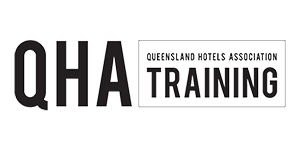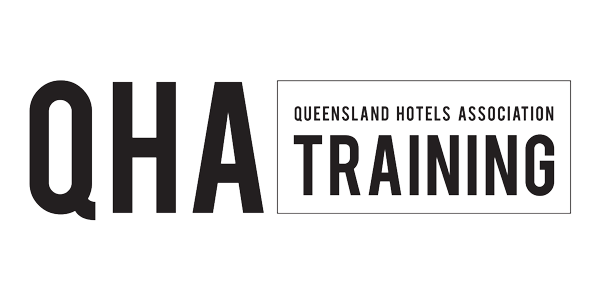VXT Food Safety Online SITXFSA005 & SITXFSA006 courses
Overview
Tasmanian Students Only
ALL you need to know regarding your Food Safety obligations.
“In Tasmania, the key change related to Standard 3.2.2A is the requirement for food businesses to appoint at least one Food Safety Supervisor who has been trained by a Registered Training Organisation (RTO) within the last five years, and who is readily available to the business when issues arise. Food Handlers must also be trained to the new standard as stipulated in FSANZ laws.
In Tasmania, Food Safety Standard 3.2.2A is implemented through the Food Act 2003, overseen by the Department of Health. This standard provides rules for key food safety areas like how to store food and control its temperature.
During regular and often unannounced inspections, special attention will be given to ensuring that Food Handlers and Food Safety Supervisors are adequately trained according to Standard 3.2.2A. Non-compliance with food safety laws in Tasmania can lead to penalties ranging from warnings to fines or business closure.”
Outline
In Tasmania, all licensed food businesses must have an accessible Food Safety Supervisor (FSS). The change that will come into effect in December 2023, which is a new requirement for the state, is that the FSS qualification must have been attained within the last five years, as there was previously no expiry date on the certificates. In QLD the FSS does not have to be on shift but must be contactable- Best practice is a business should nominate a Primary & a Secondary Food Safety Supervisor for each site / premises.
The stricter requirements regarding Food Handler training is also new to the state, anyone who handles food needs to undertake , if they haven’t already, Food safety training, This does not have to be accredited but it is strongly recommended. A food handler is anyone who works in a food business and who either handles food or is in contact with food surfaces such as cutlery, plates and bowls. Examples include making, cooking, preparing, serving, packing, displaying and storing food. You will need to make sure your food handlers’ skills and knowledge is up-to-date, there is no specific timeframe or refresher period for food handler training, it is best practice to schedule regular refresher training periodically throughout the year. Local governmental authorities may conduct inspections and audits, during which businesses may need to provide evidence of employee training, such as certificates and training records.
Training options that will ensure your business complies with the requirements.
For food handlers we would recommend them undertaking a basic food safety unit SITXFSA005 – Use hygienic practices for food safety, however there is a free online training program that is recognised by enforcement agencies https://dofoodsafely.health.vic.gov.au/index.php/en/ participants receive a certificate of participation, you will need to keep a copy for your records.
Alternatively, If you have Food Safety training in your induction/On boarding process this will be sufficient, the Food Handler training needs to include the following skills and knowledge and is relevant for all states.
- Understanding of safe food handling. Training must provide the knowledge to be able to control the temperature of potentially hazardous foods and instil an understanding of the concept known as ‘Temperature Danger Zones.’
- Strategies for preventing food contamination. Your staff should learn effective methods to separate raw and cooked items, manage allergens, properly store foods, and use designated utensils and cutting boards for different food types.
- Procedures for sanitation and cleaning. Courses must teach approved techniques for both cleaning and sanitising surfaces and equipment, using either approved food-safe chemicals or heat as the sanitising agent.
- Guidelines on personal hygiene. Training should include protocols for managing sick employees and cover standards for handwashing, maintaining uniforms, and overall staff grooming.
To achieve the Food Safety Supervisor certification – the nominated FSS need to have completed the units below in the last 5 years:
- SITXFSA005 – Use hygienic practices for food safety &
- SITXFSA006 – Participate in safe food handling practices
Food Safety Supervisor Certificate (SITXFSA005 – Use hygienic practices for food safety & SITXFSA006 – Participate in safe food handling practices)
The content of the course ensures that individuals are aware of their responsibilities as a Food Handler, and provides comprehensive information about personal hygiene and best practice for ensuring food safety. At the end of the course, students are expected to be able to identify food safety hazards in the workplace and know what to do if a food safety incident occurs.
VXT Online Food Safety Supervisor
| Name | Course Start Date | Course End Date | Cost | |
| VXT Online SITXFSA005/SITXFSA006 | 06/10/2024 | 24/09/2025 | $150.00 |


